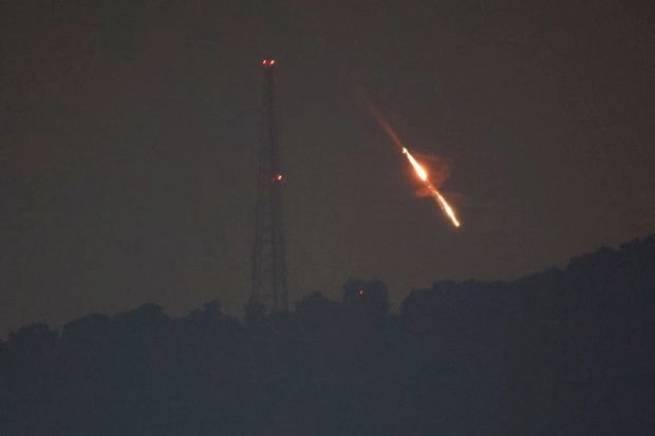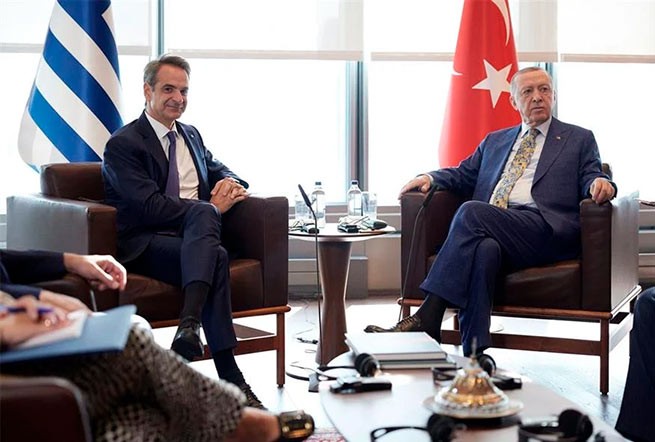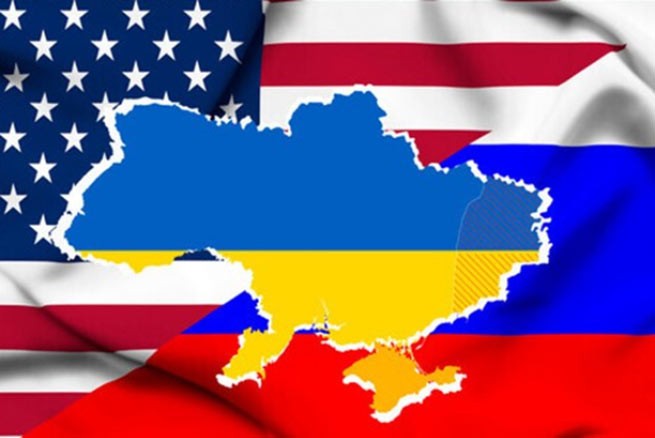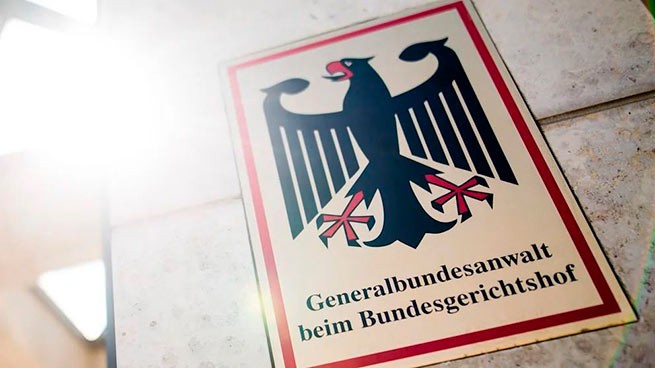Despite the financial crisis that began in 2008, the number of trips abroad (departure) not only did not decrease, but, on the contrary, increased.
On the other hand, the choice of tourist destinations has changed: trips to countries EU outside the euro area showed an upward trend (mainly to neighboring countries), where tourism spending is lower.
At the same time, between 2008 and 2017, average per capita spending decreased (-65%, from €712 in 2008 to €248 in 2017) due to the choice of cheaper destinations (40% reduction in average expenses per day , from 75 euros in 2008 to 45 euros in 2017), but also the duration of the trip (42% reduction in average length of stay, from 9.5 nights in 2008 to 5.5 nights in 2017).
FROM economic recovery after 2017 and before the start of the pandemic travel demand in eurozone countries has begun to recover at a much faster rate (than in other regions), both in terms of the number of trips, overnight stays, and vacation spending.
These are some of the main findings of the INSETE study titled “Outbound Tourist Flow from Greece 2005-2021”, which analyzes the data foreign/outbound tourism in Greece for the period under review.
Which countries do Greek tourists choose? In the period 2005-2019 and especially during the financial crisis, there has been a change in the tourist preferences of Greek tourists with an increase in the share of neighboring cheap destinations Bulgaria and Turkey (from 19% in 2005 to 36% in 2019) and a decrease in the share of traditional destinations with higher tourism costs: Germany, Italy, the Netherlands, France and the UK (from 33% in 2005 to 21% in 2019).
The decrease in the share of “national destinations” (holidays in Greece), which are usually preferred by the Greeks, is associated with a greater increase in outbound tourism.
This post-2019 trend has been disrupted by the coronavirus pandemic and travel restrictions, with 2021 recording the lowest number of outbound tourists since the study began. At the same time, in 2021 neighboring destinations of Bulgaria and Turkey appear to be more affected by the pandemic crisis compared to traditional destinations.
According to the study, departures showed an increasing trend through 2019:
• 2005-2008 growth by 4% (from 3.6 million in 2005 to 3.8 million in 2008),
• 2008-2017 104% growth (from 3.8 million in 2008 to 7.7 million in 2017),
• 2017-2019 a 2% increase (from 7.7 million in 2017 to 7.8 million in 2019) and
• 2019-2021 decrease by 74% (from 7.8 million in 2019 to 2.0 million in 2021).
Overnight stays present a similar picture:
• 2005-2008 an increase of 5% (from 34.1 million in 2005 to 35.9 million in 2008),
• 2008-2017 growth by 18% (from 35.9 million in 2008 to 42.2 million in 2017),
• 2017-2019 6% growth (from 42.2 million in 2017 to 44.9 million in 2019) and
• 2019-2021 decrease by 47% (from 44.9 million in 2019 to 24.0 million in 2021)
In terms of expenses, they decreased relatively much during the financial crisis (after 2008) compared to departures and overnight stays:
• 2005-2008 an increase of 10% (from 2.4 billion euros in 2005 to 2.7 billion euros in 2008),
• 2008-2017 reduction by 29% (from 2.7 billion euros in 2008 to 1.9 billion euros in 2017),
• 2017-2019 an increase of 44% (from €1.9 billion in 2017 to €2.7 billion in 2019) and
• 2019-2021 a drop of 59% (from 2.7 billion euros in 2019 to 1.1 billion euros in 2021).
With regard to the shares of individual geographical regions, the visits by the Greeks eurozone countries show an upward trend (from 43% in 2005 to 50% in 2021), at the time of departure to EU countries outside the Eurozoneremains stable (11% in 2005 and also 11% in 2021).
Average per capita spending fluctuates over the period under review:
• 2005-2008 an increase of 6% (from 673 euros in 2005 to 712 euros in 2008),
• 2008-2017 65% reduction (from €712 in 2008 to €248 in 2017),
• 2017-2019 an increase of 41% (from €248 in 2017 to €350 in 2019) and
• 2019-2021 an increase of 57% (from €350 in 2019 to €549 in 2021).







More Stories
ENFIA: Find out when the refund deadline is for those who want a full tax refund
Imputed income: how freelancers can challenge it, who is exempt from paying taxes
Calculation of benefits and Easter gift from April 19